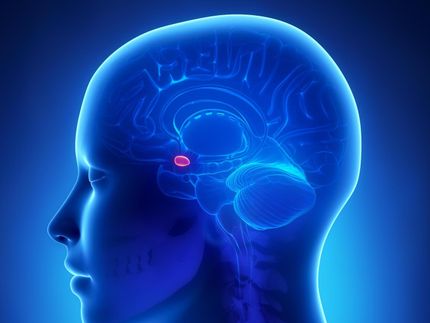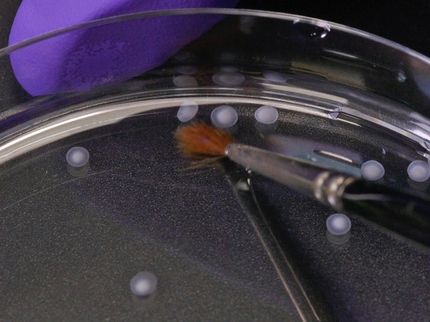A human brain model in a petri dish?
Bioethics of brain organoids to be explored
Research scientists around the world are now able to investigate the structural, cellular, and developmental intricacies of the human brain using bioengineered stem cell-based models called organoids. But the ethics to help guide researchers and regulators lag behind the technological capability to "grow" brains in a petri dish.
That is about to change as a group of bioethicists and scientists chart the unexplored territory of neuroethics, which is quickly emerging from the ability to bioengineer models of the brain. The study, called "The Brainstorm Project," will be led by Insoo Hyun, PhD, professor of bioethics at Case Western Reserve University School of Medicine. Hyun characterizes the project as a first step toward building a philosophical framework on which to base government policy and regulations.
"This is a new area of science for which we currently have few ideas on how to approach or map what works in terms of government and institutional regulation," Hyun says.
Launched this September in partnership with investigators from Massachusetts Institute of Technology (MIT), Harvard University and Stanford University, the two-year project is funded by a $569,410 grant from National Institutes of Health Brain Research through Advancing Innovative Neurotechnologies® (BRAIN) Initiative.
"The organoid researchers in our Brainstorm Project are at the cutting edge of this science and this project is a novel opportunity to track their studies in terms of the emerging ethical issues," Hyun said. They are among the world's scientific leaders in this new field of neuroscience and are eager to explore ethical dimensions of their work alongside bioethicists."
The Brainstorm Project Working Group consists of bioethicists Hyun and his Case Western Reserve co-investigator, Aaron Goldenberg, PhD, MPH, associate professor and director of research for the Department of Bioethics, and co-director of the Case Western Reserve Center for Genetic Research Ethics and Law, along with Jeantine Lunshof, a bioethicist in the Church Lab at Harvard Medical School.
The bioethicists will interact weekly with scientists, including making laboratory visits to follow brain organoid experiments from the beginning, middle and end of studies at the collaborating universities.
"There are three major areas of organoid research," Hyun said. "In the first area, bioengineers try to maintain and grow the brain models for extended periods--months or years. They experiment with artificial circulatory and vascular systems over time until the organoids reach further maturity."
The second area of research consists of making more accurate brain organoids that have all the relevant cell types found in the natural human brain. The third area of investigation consists of performing signal readings to see how different brain regions function.
Multiple workshops will take place in year two of the project to explore findings in each of the three areas. The summary workshop will be held at Case Western Reserve, after which the team will make their report to NIH.
"An organoid is not a human subject, according to federal regulations," Hyun explained. "An organoid is an organ model in a petri dish. However, while people may view growing models of other organs, such as kidneys, in one way, they may view the idea of growing a model of a human brain more cautiously."
According to Hyun, close interaction between neuroscientists and bioethicists is something the BRAIN Initiative has wanted to accomplish. Hyun's approach--essentially co-developing a new field--is a focused effort to avoid the "silos," which are common in scientific fields.
Examining a range of ethics issues in this nascent field will help ensure public trust in science, as well, Hyun believes. The Brainstorm Project's ultimate goal is to develop greater awareness and understanding between scientists and ethicists and--beyond the duration of the project--to provide guidance for future management of ethical issues that may be unique to new areas of brain modeling research.




















































